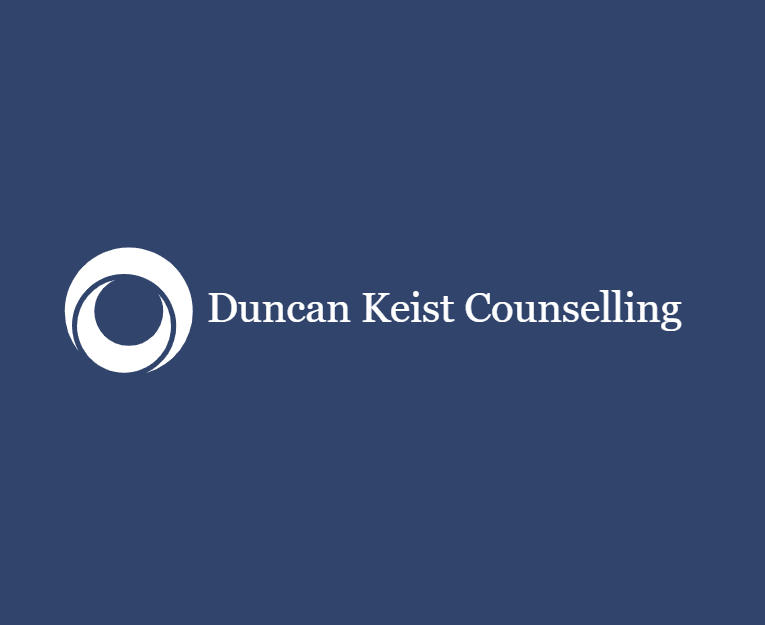Exploring Different Types of Counselling: Which is Right for You?
Understanding the Basics of Counselling
Counselling is a professional service offering guidance and support to individuals facing various challenges in life. It provides a safe space for people to explore their feelings, thoughts, and behaviors with a trained professional. The main goal of counselling is to help individuals gain insight into their issues and develop practical strategies to overcome them.
There are several different types of counselling, each tailored to address specific concerns or populations. Choosing the right type can significantly impact the effectiveness of the treatment. Here, we explore some popular counselling approaches to help you decide which might be best for you.

Cognitive Behavioral Therapy (CBT)
Cognitive Behavioral Therapy (CBT) is one of the most widely used forms of counselling. It focuses on identifying and changing negative thought patterns and behaviors. CBT is particularly effective for treating anxiety, depression, and phobias. The therapy involves structured sessions where individuals learn to challenge irrational thoughts and replace them with more realistic ones.
CBT sessions are typically short-term, making it a suitable option for those seeking quick results. The structured approach empowers clients to take an active role in their therapy, providing them with tools they can use long after the sessions have ended.
Person-Centered Counselling
Person-centered counselling, developed by Carl Rogers, emphasizes the importance of a supportive and non-judgmental therapeutic environment. This approach focuses on the individual's ability to self-heal and grow when provided with empathy, unconditional positive regard, and congruence from the therapist. It is particularly beneficial for those looking for personal growth and self-discovery.

This type of counselling does not follow a structured format like CBT. Instead, it allows clients to guide the conversation, making it ideal for those who prefer a more open and exploratory form of therapy.
Psychodynamic Therapy
Psychodynamic therapy delves into the unconscious mind to uncover deep-seated issues often rooted in childhood experiences. This approach helps individuals understand how past experiences influence their current behavior and relationships. It is particularly useful for those dealing with complex emotional problems or seeking profound personal insight.
This type of counselling tends to be longer-term compared to other methods, as it involves exploring intricate emotional landscapes. Commitment to this process can lead to significant breakthroughs and personal growth.

Family and Couples Counselling
Family and couples counselling focuses on improving communication and resolving conflicts within relationships. These sessions involve multiple participants and aim to address the dynamics that contribute to relationship issues. This type of counselling is ideal for families or couples experiencing frequent conflicts or communication breakdowns.
Therapists working in this area often employ various techniques from different counselling approaches to meet the specific needs of their clients. The collaborative nature of family and couples counselling can strengthen relationships by fostering understanding and cooperation.
Choosing the Right Counselling Approach
Deciding which type of counselling is right for you depends on your specific needs, goals, and preferences. It is important to consider what you hope to achieve through therapy and discuss these goals with potential therapists. Many professionals offer initial consultations to help determine the best approach for your situation.
Remember, the most effective counselling type is one that resonates with you personally and makes you feel comfortable and understood. Don't hesitate to explore various options until you find the right match for your journey toward healing and self-discovery.
